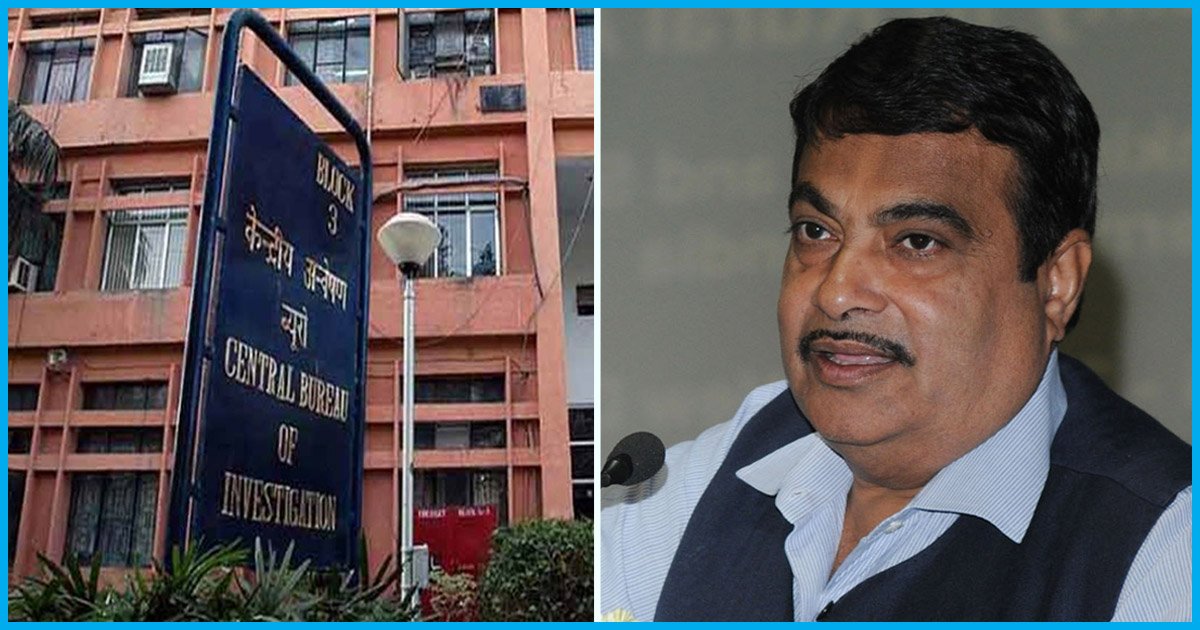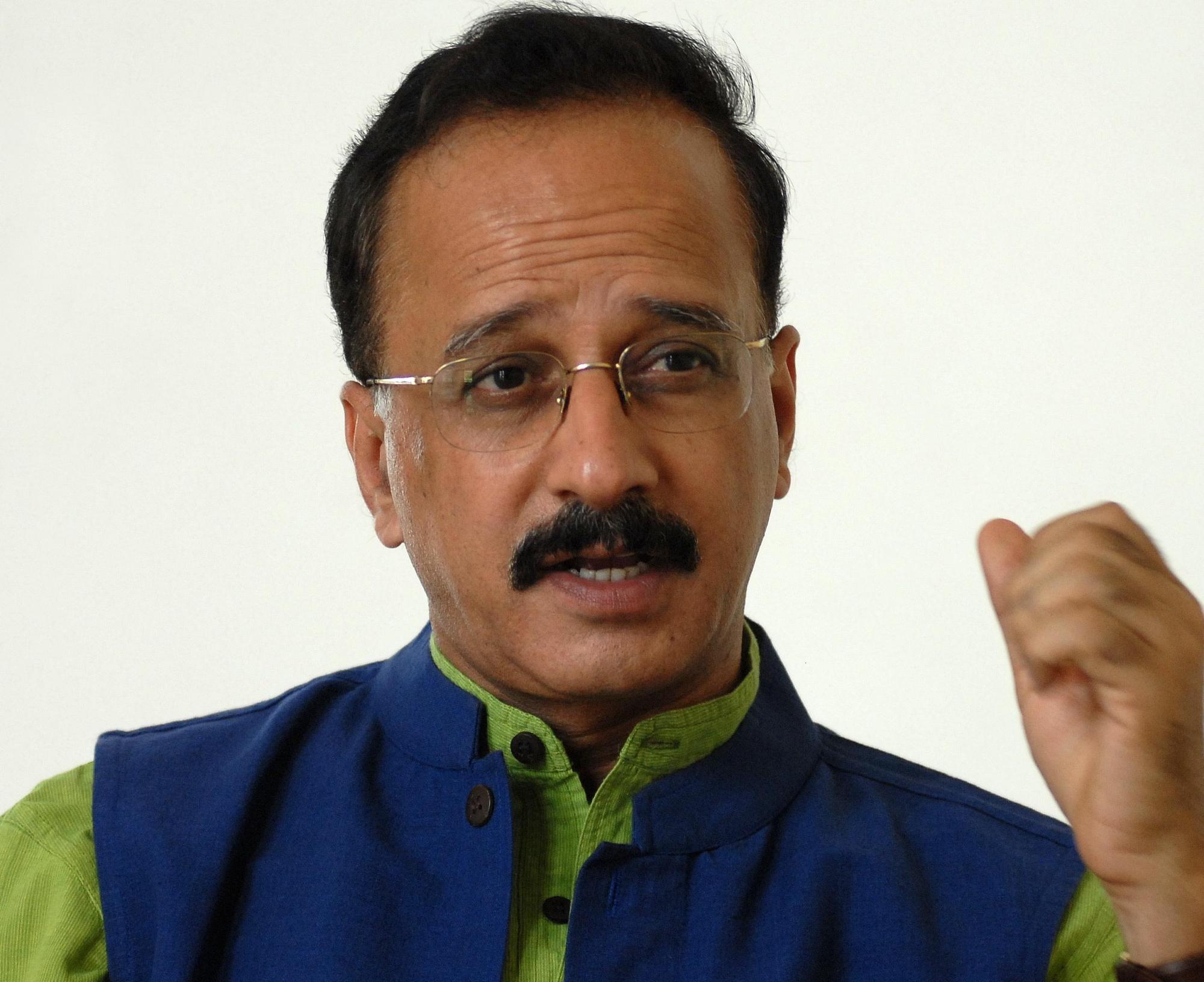
Why Do Tainted Senior Officers As Well As Wilful Bank Defaulters Need Government's Protection?
2 Jun 2017 12:22 PM GMT
On April 5, 2017, Union Minister of Road Transport & Highways and Shipping Nitin Gadkari warned in a letter to the newly elected Chief Minister in the Himalayan State of Uttarakhand that a Central Bureau of Investigation (CBI) probe into the alleged road scam “would have an adverse impact on the morale of the officers.” and the ministry “would have to re-examine the usefulness for taking up more projects in the state”.
In a news report, titled: Gadkari warns Uttarakhand Govt against CBI probe in road projects published in Indian Express, May 26, 2017 . The previous government had detected irregularities worth Rs 240-crore in the acquisition of farm land for the proposed National Highway (NH) -74 passing through Uddham Singh Nagar district. It had referred the case to CBI saying not all areas of probe were within its control. The news report quoted sources in Gadkari’s office saying that the minister had to make the point “since the National Highway Authority of India (NHAI) top brass had informed him that key officials had left the state after being summoned repeatedly by state police and project work was being affected.” What a strange reasoning? Whatever be the reasons, I think this goes against the very grain of Prime Minister’s commitment of ensuring probity in public life, when he had said: Na khaaonga, Na khaane dunga.
If it is the ‘morale of the officers’ that has to be protected, it is the ‘country’s economy’ that gets impacted if the names of willful defaulters who had swooned the banks of thousands of crores are to be made public. Don’t forget what the Reserve Bank of India (RBI) had pleaded before the Supreme Court:“the RBI had provided a list of defaulters to the court in a sealed cover and told the court not to disclose the names. During the argument, the RBI submitted that the information was obtained by it in a fiduciary capacity and any exposure will have an impact on the country’s economy and reduce confidence within the business and investment sector” (DNA, Mumbai, April 13, 2016). The apex court was told that 57 rich borrowers had defaulted the banks to the tune of Rs 85,000-crore.
I was in fact aghast when I read what the then RBI Governor Raghuram Rajan had to say: “The act of default happens in business. Sometimes it’s not the business’ fault; the demand is weak or prices are low, there is dumping going on, or government permissions don’t come on time. to then put the promoters’ name up without the details of why the default happened, will only lead to anxiety and a fall in business activity.” (DNA, April 5, 2016). If this is true, I don’t understand why the names, along with the pictures, of defaulting farmers are pasted in tehsil offices. If companies can default because of extraneous reasons, don’t we know the farmers too default because of reasons beyond their control. Drought, floods are certainly not in their control. So why treat them as criminals? Just because they are poor?
Sometimes back I wrote; “You may have forgotten something that still remains embedded in me. When the Securities Scam burst in India, and I am talking of the period when Manmohan Singh was the Finance Minister, it was not only stock broker Harshad Mehta who was involved. Two foreign banks were also involved. I still remember vividly when Manmohan Singh refused to initiate any action against the erring banks, saying: “It will send out a wrong signal.” (Read here: Devinder Sharma). Any sensible economist would agree that not tolerating corruption would send a right signal. But still, the government’s use the protective shield of ‘hitting business sentiments or impacting economic growth’ to justify the wrongs the big players make.
And if you point to this, the answer is you still carry a Colonial mindset !
Isn’t it therefore clear that corruption in high places gets a very powerful protective cover? Governments want to ensure that no action that upsets the morale of corrupt top brass should be allowed, No action against big swindle and huge bank defaults (even if you are accustomed to the defaulting game) has to be taken as it may impact economic growth, and still worse any punitive action against the big loot will send a wrong signal to investors. Sad isn’t it? But, that’s the truth.
You will ask me how come then the banks are after Vijay Mallaya? Well, this is what MC Govardhana Rangan lucidly explains in the Economic Times (May 12, 2017). Under the headline: Urjit Patel’s should worry banks more than cheer, he says “In this context, Vijay Mallya’s stands out. Banks are after him because they are sure they can recover the last penny due to his personal and other holding company guarantees. But others who have defaulted on thousands of crores haven’t provided such guarantees, so losses fall on banks, hence the status quo. History may see Mallya more as a fool than as a crook. (Economic Times).
Vijay Mallaya probably didn’t follow the rules of the game. If he had played the game well, following the rules of the game properly, the banks would have probably been defending him rather than end up chasing him. That’s why as the ET report said: History may see Mallaya more as a fool than as a crook.
Zero-tolerance for corruption it seems is only meant for the common man.
Published with permission from: Devinder Sharma
Also Read: The Grave Tragedy That Indian Agriculture Is Faced With Has Its Genesis In The Failure Of Markets
 All section
All section













